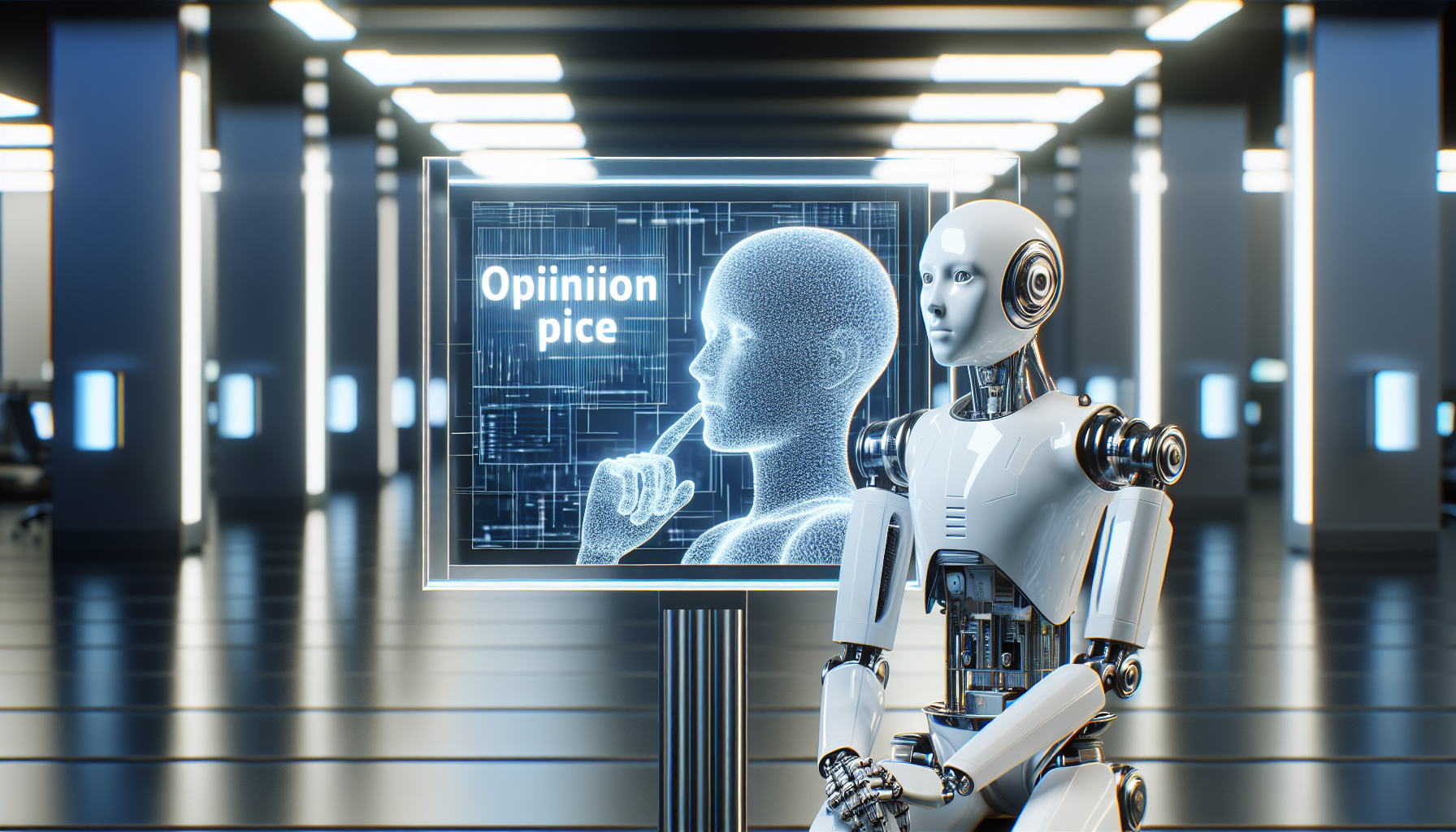
Artificial Intelligence Ethics: A Comparative Analysis of Global Development Practices
November 20, 2025
Artificial intelligence (AI) development is a field rich with potential, yet fraught with ethical dilemmas that challenge engineers, policymakers, and ethicists alike. As AI technologies become increasingly sophisticated, the ethical frameworks guiding their development diverge significantly across the globe. This comparative analysis examines how different regions approach the ethical considerations in AI development, highlighting the varied philosophies that inform this rapidly advancing technology.
In the United States, the approach to AI ethics often mirrors its broader cultural emphasis on innovation and free enterprise. American tech companies, driven by a competitive market, prioritize rapid development and deployment of AI systems. The ethical frameworks here are frequently self-regulated, with companies adopting internal guidelines to address issues such as bias, privacy, and accountability. The voluntary nature of these guidelines, however, raises concerns about their effectiveness in ensuring responsible AI development. Critics argue that without enforceable regulations, the potential for misuse and ethical oversights remains high.
Europe, by contrast, has adopted a more stringent regulatory approach, emphasizing the protection of individual rights and societal welfare. The European Union (EU) has been at the forefront of developing comprehensive AI regulations, focusing on transparency, data protection, and human oversight. The General Data Protection Regulation (GDPR) serves as a foundational element in these efforts, mandating strict data privacy standards that influence AI development. This regulatory environment aims to balance innovation with ethical responsibility, although some argue that it may stifle technological advancement by imposing burdensome compliance requirements.
In Asia, particularly in China, the ethical considerations in AI development are intertwined with state-driven strategic objectives. The Chinese government actively promotes AI as a pillar of economic growth and national security, leading to significant investments in AI research and development. Ethical guidelines, while present, are often aligned with governmental priorities, emphasizing societal benefits and state oversight. This approach raises questions about the balance between individual rights and collective interests, as well as the potential for surveillance and control.
Japan presents an interesting case within Asia, where AI ethics are shaped by a cultural context that values harmony and human-centric technology. Japanese AI development often focuses on creating systems that complement human abilities and enhance quality of life, such as robotics designed for elder care. Here, ethical considerations are deeply integrated into the design process, reflecting a commitment to ensuring that AI technologies serve societal good.
India's approach to AI ethics is emerging, with a strong emphasis on inclusivity and equity. As a nation with diverse socio-economic challenges, India is exploring ways to leverage AI for social advancement, while addressing ethical concerns related to bias, accessibility, and fairness. The government's involvement in setting ethical standards is growing, with initiatives aimed at fostering an AI ecosystem that prioritizes ethical considerations alongside technological progress.
Despite these regional differences, some common ethical challenges persist globally. Bias in AI systems remains a significant concern, as algorithms trained on skewed data can perpetuate inequalities and reinforce stereotypes. Ensuring accountability in AI decision-making processes is another critical issue, with many advocating for "explainable AI" that allows users to understand how decisions are made. Privacy and data security continue to be paramount, as AI systems increasingly rely on vast amounts of personal information.
The diversity in ethical approaches to AI development highlights the complexity of navigating this technological frontier. As AI becomes more embedded in everyday life, the need for a global dialogue on ethical standards and best practices becomes increasingly urgent. Collaborative efforts among nations, industries, and academic institutions could foster a more unified approach to AI ethics, ensuring that technological advancements align with shared human values.
How can we create a global consensus on AI ethics that respects cultural differences while ensuring the technology benefits all of humanity? This question remains at the heart of the ongoing discourse, challenging stakeholders to envision a future where AI serves not only as a tool for innovation but as a force for ethical progress.


